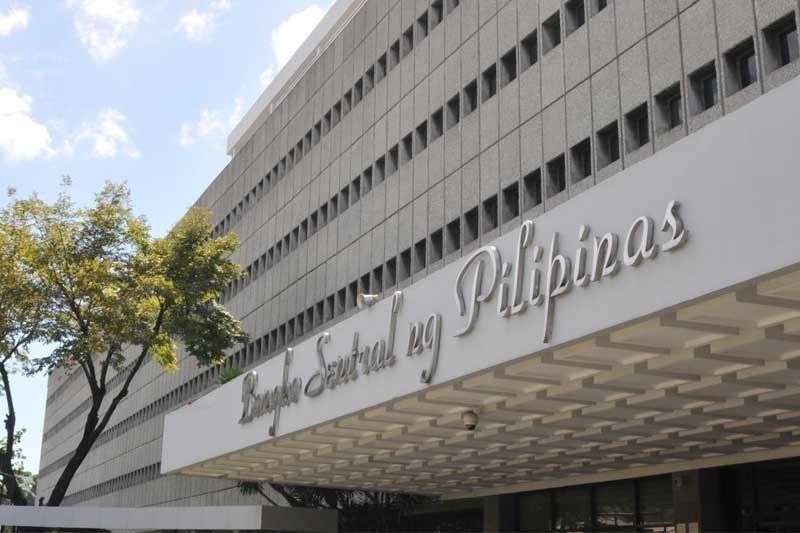Money supply growth slows for first time in 6 months —BSP

MANILA, Philippines — Money supply growth decelerated for the first time in six months last February, pushed down by lower demand for credit from the government whose spending contracted that month.
In a statement on Monday, the Bangko Sentral ng Pilipinas (BSP) said money supply— as measured by the central bank’s preferred gauge of M3— rose 10.9% year-on-year to P12.8 trillion in end-February.
The latest result marked a blow to BSP Governor Benjamin Diokno’s effort to funnel more money in the financial system by delivering massive rate and bank reserve cuts. Last year, Diokno led the slashing of key rates by a cumulative 150 basis points, while lowering reserves by 400 bps.
Reducing rates and reserves is targeted to encourage more consumers and enterprises to borrow funds and finance economic activity, a goal that has become more vital to be met in order to cushion the impact of the coronavirus disease-2019 (COVID-19) in the economy.
In end-February, the slowdown in money supply expansion emanated from the government. Net credit claims from the government, a measure of demand for money, grew 10.3% annually, weaker than 11.4% growth posed in end-January.
This was “due in part to the increase in deposits by the national Government with the BSP,” the central bank said. With more funds parked with BSP, national government spending slumped 12.2% year-on-year in February, contributing to slower money demand.
In contrast, claims from the private sector rose 8.6%, slightly picking up from 8.5% in end-January, indicating sustained economic activity from private firms, figures showed.
The slowdown in money supply appear occurs a month before the entire Luzon was placed on lockdown, shuttering business and keeping consumers indoors, which in turn reduced economic activity.
To support the economy, Diokno slashed rates by a total of 100 bps for the past two months to bring them to record-lows, while also cutting bank reserves by 200 bps, which are both expected to boost money supply.
That said, Diokno has repeatedly reiterated that there is a lag on how monetary decisions are transmitted to the economy, suggesting the effects of recent cuts will not be felt until in the next few months.
“Going forward, the BSP will remain vigilant in monitoring domestic liquidity and credit dynamics amid significant disruptions to economic activity,” BSP said.
“The BSP reassures the public of its commitment and readiness to deploy its full range of instruments to ensure that liquidity and credit remain adequate amid the ongoing health crisis,” it added.
- Latest
- Trending































